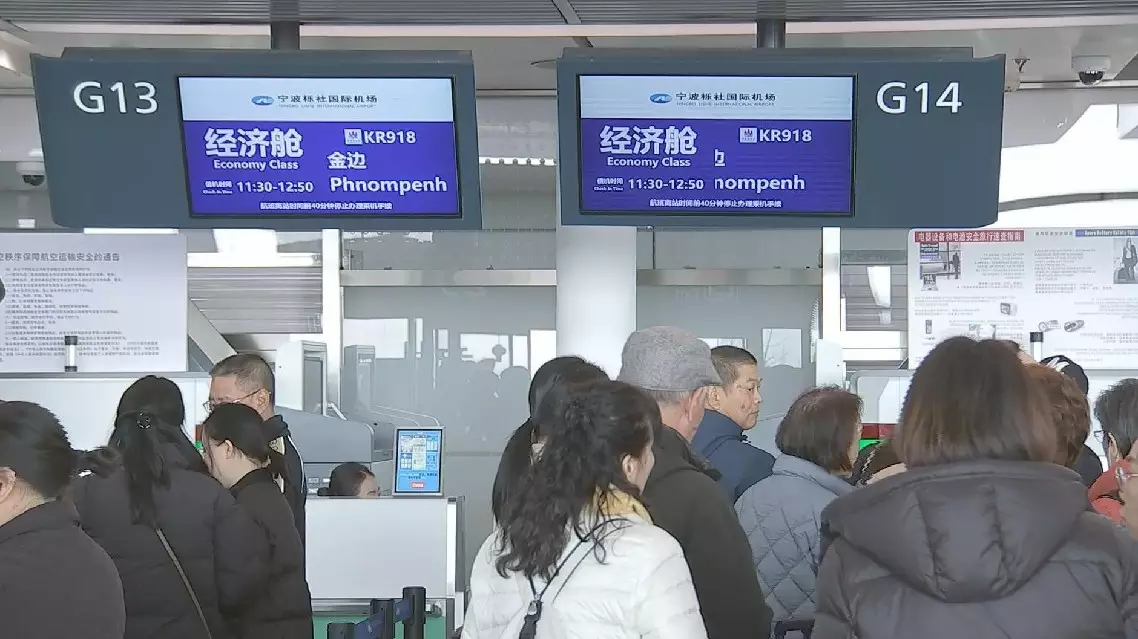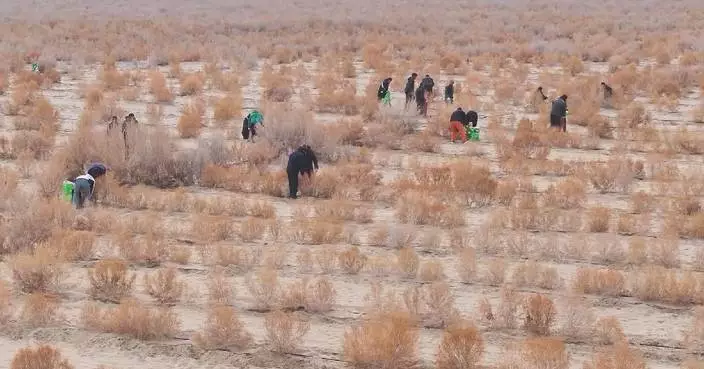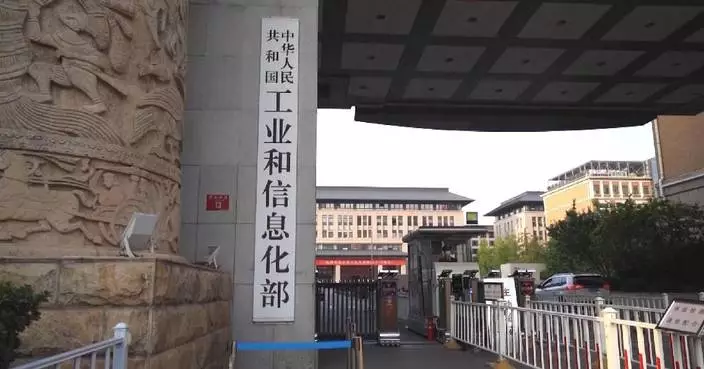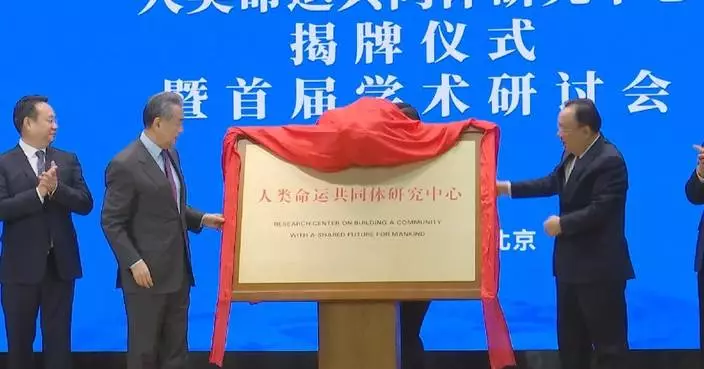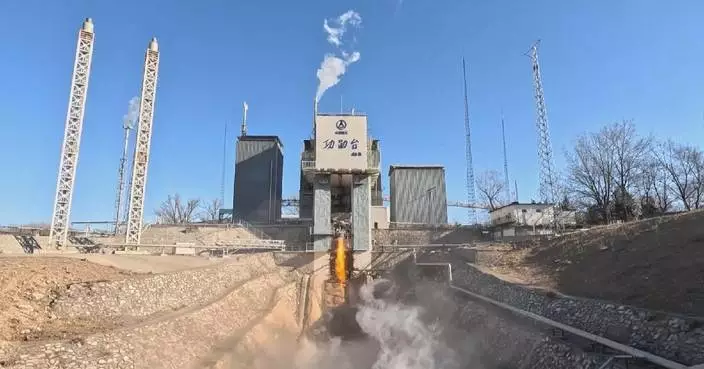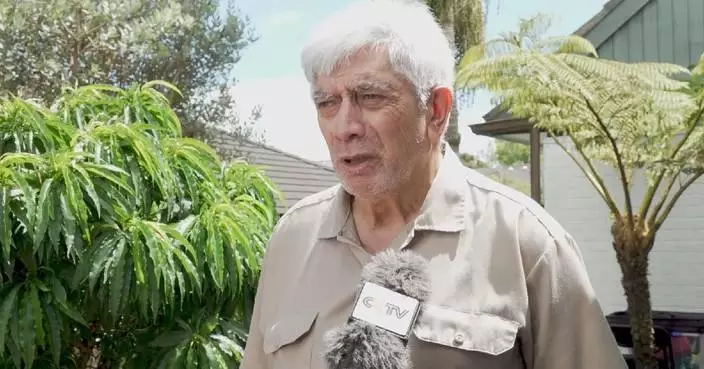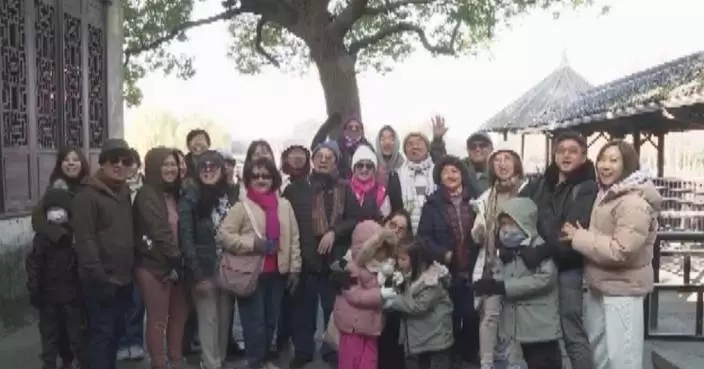The World Conference of Classics, held in Beijing from Wednesday till Friday, featured a series of captivating exhibitions and cultural tours, allowing participants from around the globe to experience the allure of profound Chinese culture.
Themed "Classical Civilizations and the Modern World," the conference attracted over 600 participants, comprising individuals from relevant departments and institutions of China and Greece, as well as experts and scholars from across the globe.
On the sidelines of the event, special exhibitions on archaeology, the origin of the Chinese civilization, and achievements in classical studies took center stage in the Chinese capital.
"I love Su Shi's Chibifu (The First Visit to the Red Cliff), for example. I love Du Fu's poetry. When you read the Qiuxingbashou (eight poems about autumn), every time you read it, you discover something new. It will always say something new to a new reader or even to the same reader who reads it again. And this is my experience with Chinese poetry," said Martin Kern, a professor in East Asian Studies at Princeton University.
Ahead of the conference, experts, scholars and cultural figures from over 30 countries and regions have visited many museums in the provinces of Henan, Sichuan and Shandong.
Foreign classical scholars said the museum tours have afforded them an opportunity to learn more about Chinese culture.
"China is really great. I love China. Why? Because I love the thoughts and classic culture in China. This is my specialty," said Vladimir Malyavin, a professor of regional studies at the Higher School of Economics.
"It is very good that people coming here can understand about archeological work, about the type of work, results received; the meaning of that, because it's very important for people to understand that we have not only the future before us, but we had a great, great past. Without understanding the past, we don't understand the future," said Andrzej Niewinski, a professor at the University of Warsaw.
"I think the basic meaning is to (promote) mutual understanding, exchange cultural views, to know from a different point of view these classical traditions, and starting right now to understand each other better," said Filippo Costantini, an assistant professor in Chinese Studies at the University of Cagliari in Italy.
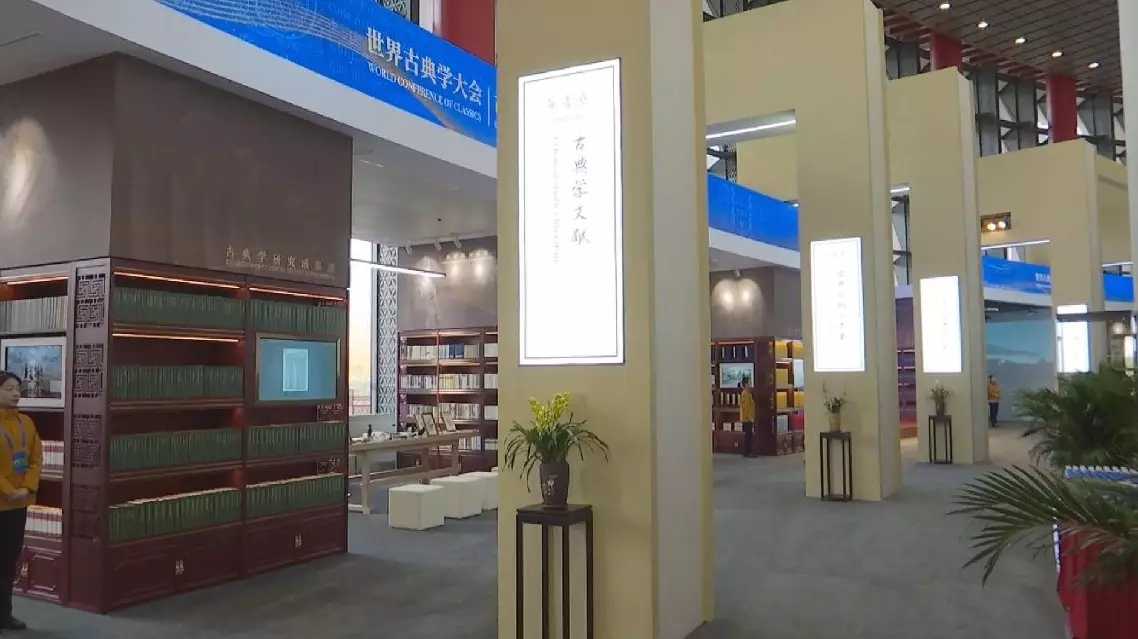
Chinese culture captivates global scholars at World Conference of Classics


